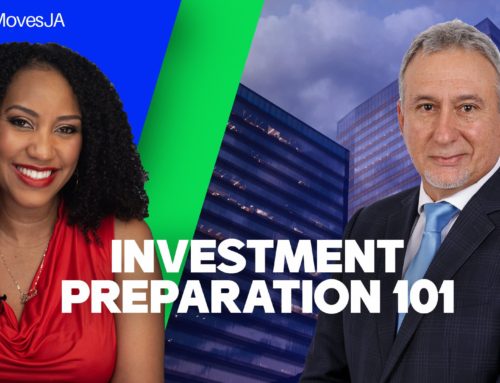Scalability: The Most Important Factor for Small Businesses Seeking Investors
Small businesses looking for investors must ensure they have the right conditions in place to grow.
Business Valuator and Managing Director of Become Investible, Kevin Valley, speaking on #MoneyMovesJa, said the number one thing investors usually look for in a potential investment is scalability.
“It’s really more about your business model, so your fundamentals; what people you have on your team, how do your customers feel about you, what is your competitive advantage, your HR practices, corporate governance, financial performance; just having the proper systems in place to make sure you are scalable,” he said.
“You need to be able to show how the business can grow from one stage to the next, show how you expect to achieve that growth and you need to be able to defend how you achieve that growth,” he added.
Breaking down his key strategies, Valley said both the company’s Human Resource (HR) and business strategies should be in harmony.
He said customers should also be targeted on the basis of how much value the company can provide, who can afford to pay a premium for their service, and satisfaction received out of working with them.
“You have to remember, most small and medium sized businesses are not set up to serve the world. We are set up to serve a specific niche so you want to make sure you get as much value from that niche as possible,” he said.
He said it’s also important for the business to secure their intellectual property and to position the business so that it can generate more profit than the average of its industry.
“So look at customer concentration… Also look at supply concentration so if one supplier says I need to hike up the price for your raw materials then you have to pass it on to your customers, all of that is a risk,” he said.
Know Your Numbers
Meanwhile, Valley said it’s also critical for business owners to know what’s happening with the company’s books.
“A lot of us are technicians. We know how to provide that particular product and service that we created but we’re running a business and don’t necessarily know how much money we have in the bank, how much is owed. We’re not necessarily expected to be finance experts but we should know our numbers at all times because if you don’t know your numbers, you don’t know your business,” he said.
Valley said investors also usually look at how derisked the business is; that is how much of the risk has been removed from the investment by the owner.
Keep a Controlling Stake
He said they also like to see founders having a controlling stake in the business, a factor he said must also be remembered during the negotiations phase after an investor accepts a proposal and decides to become an equity partner.
“Ideally you should not be giving up control of your company to the investor unless you see them bringing immense value to the company. There are different protections you can put in place to make sure that you’re not diluted down the road but everything is all about documenting how you want things to run,” he said.
“Always maintain at least 51% for you and your founding team and remember most sophisticated investors are usually looking for the long term,” he added.
Visit EXIM Bank’s Business Advisory Service at:
https://eximbankja.com

















